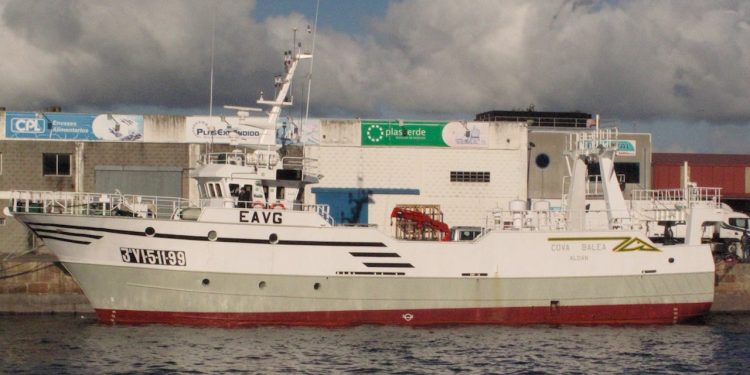The fishing industry represented by the Fishing Shipowners’ Cooperative of the Port of Vigo (ARVI) considers that the European Commission announcement of four strategic lines for the future will have serious effects on the whole future of fishing and aquaculture in the Union – which will sacrifice a part of the fleet in the short term, while putting at risk food security and the future supply of fishery products to EU citizens.
This week the European Commission unveiled its long-awaited package of policy measures with the publication of four documents, two of them regarding a strategy for the energy transition of the EU fisheries sector and a Plan of Action to protect and restore marine ecosystems for sustainable and resilient fisheries. the other two evaluate the Common Fisheries Policy and the Common Marking Organisation for fishery and aquaculture products.
‘Fish and seafood products are essential to ensure the health of the Community. With this plan, the Commission shows that it is prepared to sacrifice its citizens and the dependence of our markets on fleets from countries that are becoming less and less sustainable and more and more aggressive in their activity,’ an ARVI representative commented.
‘The entire Community fishing sector, trawlers first and foremost, has been able to demonstrate improvements in sustainability, as shown by the stocks in the North-East Atlantic, especially in Community waters, where the stocks of fish species have reached a high percentage (99%) of the Maximum Sustainable Yield (MSY) advocated by the Commission years ago.’
ARVI sees these latest developments as the EC Directorate-General for Maritime Affairs and Fisheries planning to abolish trawling, while being fully aware that it will lead to the loss of supplies from 7000 Community vessels (1000 of which are Spanish), which provide 25% of the EU’s own production.
‘This will condemn the Community market to suffer the same problems that the Union is facing in other sectors such as energy, microchips or masks– almost complete dependence on third countries,’ ARVI’s spokesman said.
‘If the Commission were to consider abolishing ploughing EU farmland where essential foodstuffs are produced, Europeans would not understand. Land-based cultivation areas are incomparably more extensive in area and proportion than the very small sea areas that trawlers have been tilling for years, maintaining their productive wealth in a growing MSY of fish stocks, protein that also meets the lowest C02 and water footprints of any foodstuffs.’









